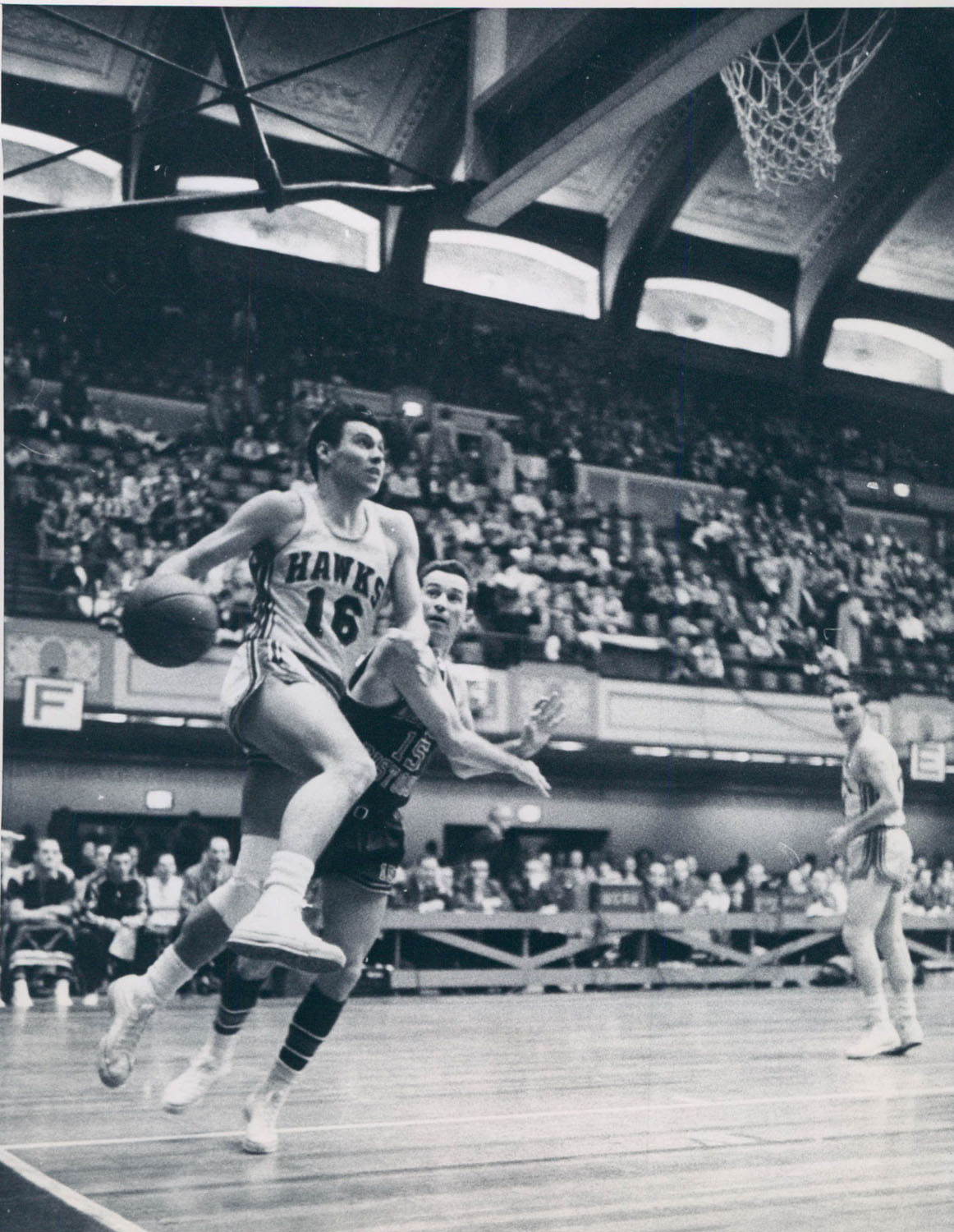Doctor MJ wrote:iggymcfrack wrote:OK, I can write off Hagan too. If you just compare his whole career to Parish’s best 10 year stretch, Parish has almost identical box composites with more games played. So prime vs. prime without an era adjustment, they’re at least somewhat comparable. When you account for Parish playing twice as long against massively better competition, it’s a wrap.
I appreciate you sharing your thoughts as you think them iggy, but would push back here:
When you say 'identical box composites', even granting the fundamental premise, telegraphs that you're looking at regular season data. Go take a look at the playoffs and you'll see something different.
On the premise I'll just reiterate: I think it's fine to use these metrics as first pass analysis steps, but when they're used to equate fundamentally different types of players, I'd urge particular caution.
As I say all of this I don't think you're crazy at all to side with Parish with his longevity. I'd just side clearly with Hagan in terms of who was better at basketball when they at their best.
I saw Hagan had better playoff numbers. I’m just saying there’s a HUGE jump in competition from the NBA of ‘57-‘66 and the early ABA to the leagues Parish played in and there’s a HUGE jump from 24K minutes to 46K minutes. So if they were in any way comparable prime to prime there’s no comparison.
Like if you were comparing a top FBS quarterback to a top FCS quarterback and the FBS quarterback had the same numbers over the 12 game regular season, it wouldn’t matter what the FCS guy did in the playoffs. You couldn’t possibly give him preferential award consideration over the big time guy who did better against a completely different level of competition over a large sample.
Or say you were comparing 2 players in a given year. One’s an all-time defender and passer/playmaker while the other is below average in both. They’re equal as scorers in the regular season, but the 3 tool guy didn’t score as well as the one dimensional guy in the playoffs. It’s still clear who you’re choosing.
When there’s a gulf in longevity and a gulf in level of competition faced, there needs to be a similar gulf in prime ability. You could just as easily write off Hagan’s playoff success as a small sample fluke. In the 2 years Hagan had playoff numbers that are out of line with Parish, this is what he did:
-Averaged 30.8 PPG on .556 FG% in a win over the 33-38 Pistons
-Averaged 25.2 PPG on .442 FG% in a win over the 49-23 Celtics
-Averaged 28.5 PPG on .512 FG% in a loss to the 33-39 Lakers
He had one really good series as his teams second best player against the Celtics, but other than that he’s just running up stats against teams with losing records in a league that’s barely integrated. It would be perfectly valid to look at that data and be like “well, Parish’s numbers only got worse in the playoffs because his competition was getting better and they were basically a push league adjusted throughout their primes”. I would still say Hagan had a better league adjusted prime, but they’re certainly “comparable” which is the word I used.
Comparable primes (slight edge Hagan), Parish playing solid competition while Hagan faced some of the weakest competition ever, and Hagan playing HALF as many games as Parish makes for a very one sided comparison IMO.
Hagan seems like someone we don’t need to induct for another 30 spots or so in this project if at all. If his whole case is built off of 17 good playoff games over a 2 year stretch, then why should he merit consideration over Luka who’s had 28 much better playoff games over a 3 year stretch against opponents from a completely different galaxy? The ratio of minutes played from Luka to Hagan is almost exactly the same as from Hagan to Parish too.
Anyway, Doctor MJ, I appreciate that you weren’t being particularly argumentative and I probably didn’t need to be quite so wordy in defense of my position, but even considering the playoff numbers I feel very confident that Parish and Hagan aren’t in any way remotely comparable as players.





















